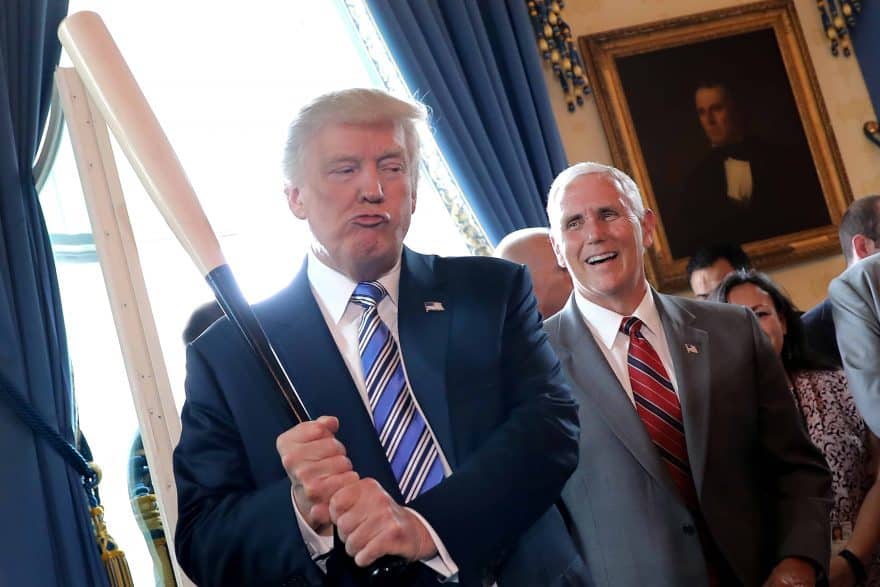The U.S. Federal Reserve is discussing specific proposals for easing the “Volcker Rule,” one of the financial industry’s most-hated restrictions which imposes prohibition on risky proprietary trading by Wall street banks.
The proposal unveiled by the central bank’s board, now led by Trump appointees, reflects widespread agreement that material changes to the controversial regulation would happen inevitably, in a bid to streamline several aspects of the ban on certain bank trading, put in place after the 2007-2009 financial crisis.
Named for former Fed Chairman Paul Volcker, the rule is meant to stop some of the risky banking practices that contributed to the economic meltdown. It was approved by five key US regulators in 2013. The regulation makes it illegal for big banks to use their customer’s deposits, through government-insured loans, to make speculative risky bets.
However, the industry is too complex that it blocks needed market liquidity vehicles and prompting lenders to go too far in retreating from markets.
Trump is translating campaign rhetoric into reality
The Fed is taking the lead in revising the restrictive rule and making it more friendly to banks. The draft proposes changes that cancel the so-called “60-day rebuttable presumption,” which want to give firms more freedom to trade and soften constraints on their ability to hold positions for 60 days or less. The current rules look at such short-term holdings as the kinds of activity the Volcker was intended to discourage in a bid to to prevent banks from triggering another financial meltdown.
In a statement prepared ahead of the Fed’s meeting, which is expected to approve the proposal unanimously, Fed Chair Jerome Powell said: “This proposed rule will tailor the Volcker rule’s requirements by focusing the most comprehensive compliance regime on the firms that do the most trading. Firms that do more modest amounts of trading will face fewer requirements.”
Donald Trump is once again . The president made repealing the Dodd-Frank act one of his campaign’s focal points.
However, the timing of an actual replacement for Dodd-Frank remains unclear as only Congress can rewrite the legislation. But between now and the possible passage of overhauling legislation, Trump has been able to make many changes without involving lawmakers by and ordering them to ignore most of the Dodd-Frank rules.





Be First to Comment